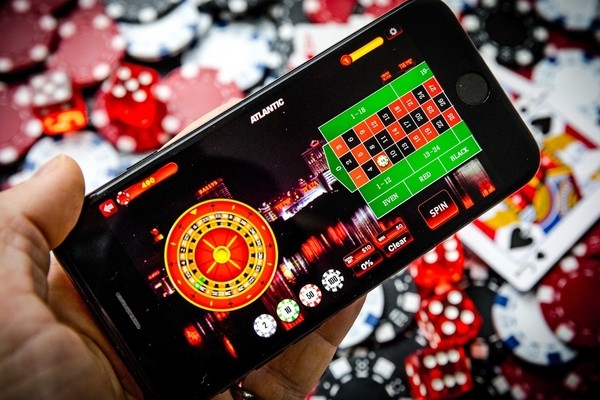Cryptocurrency gambling has grown substantially since Bitcoin’s inception, with various games attracting players seeking both entertainment and profit opportunities. Bitcoin dice is one of the oldest and most straightforward crypto gambling options, but how does it stack up against other popular crypto casino games? This comparison examines Bitcoin dice’s distinct features, advantages, and drawbacks relative to other cryptocurrency gambling options.
Bitcoin dice fundamentals
Bitcoin dice rolls are essentially a stripped-down form of gambling in which players bet on whether a dice roll will result in a certain number. This simplicity contributes to its enduring popularity among cryptocurrency gamblers. Most Bitcoin dice platforms operate with a house edge between 1-2%, making it among the most favourable games for players statistically.
The game typically runs on provably fair algorithms, allowing players to verify each roll’s legitimacy. This transparency builds trust in a space where scepticism often prevails. Players appreciate the rapid pace of dice games, with each round taking seconds to complete, creating a high-frequency gambling experience.
Comparing game mechanics
When examining Bitcoin dice against other crypto gambling options, several distinctions become apparent:
Slots vs. Dice – Cryptocurrency slots offer flashy graphics and themed experiences but operate with higher house edges (often 3-5%). Dice games provide better odds but lack the visual stimulation and progressive jackpots in many slot games.
Poker vs. Dice – Crypto poker incorporates skill elements that dice cannot match. While dice remain purely chance-based, poker allows strategic players to gain advantages. As one experienced gambler notes in his comment is here and across various forums, “Dice gives consistent returns over time, but poker offers higher ceilings for skilled players.”
Roulette vs. Dice– Both games operate on random number generation, but roulette offers more betting options and slightly worse odds than most dice games. Roulette maintains its traditional appearance,l while dice embraces cryptocurrency’s minimalist ethos.
Provable fairness comparison
While many crypto gambling games now incorporate provably fair systems, dice platforms pioneered this technology. The verification process for dice rolls typically requires less computational knowledge than checking more complex games:
- Dice verification usually involves simple seed checking and hash verification
- Card games require more complex shuffling algorithms and verification
- Slot outcomes involve multifaceted random number generator checks
This straightforward verification system gives dice an edge in perceived trustworthiness among sceptical players.
Betting strategy flexibility
Bitcoin dice offers unique strategic opportunities compared to other crypto gambling games. The adjustable probability feature, where players can set their win chance and corresponding payout, creates flexibility unavailable in many traditional games. This customization allows for diverse approaches:
- Low-risk, small-reward betting styles
- High-risk, large-payout strategies
- Martingale and anti-Martingale progression systems
- Custom betting algorithms and bots (permitted on some platforms)
Accessibility and minimum bets
Most Bitcoin dice sites offer lower minimum bets than other crypto gambling options. While crypto poker tables might require minimum buy-ins equivalent to several dollars, many dice platforms accept bets worth fractions of a cent. This accessibility makes dice appealing to casual players and those testing strategies with minimal risk.
The straightforward nature of dice games continues to attract players seeking transparent odds and simple gameplay. As the cryptocurrency gambling sector evolves, Bitcoin dice remains a foundational option against which newer, more complex games are often measured.

